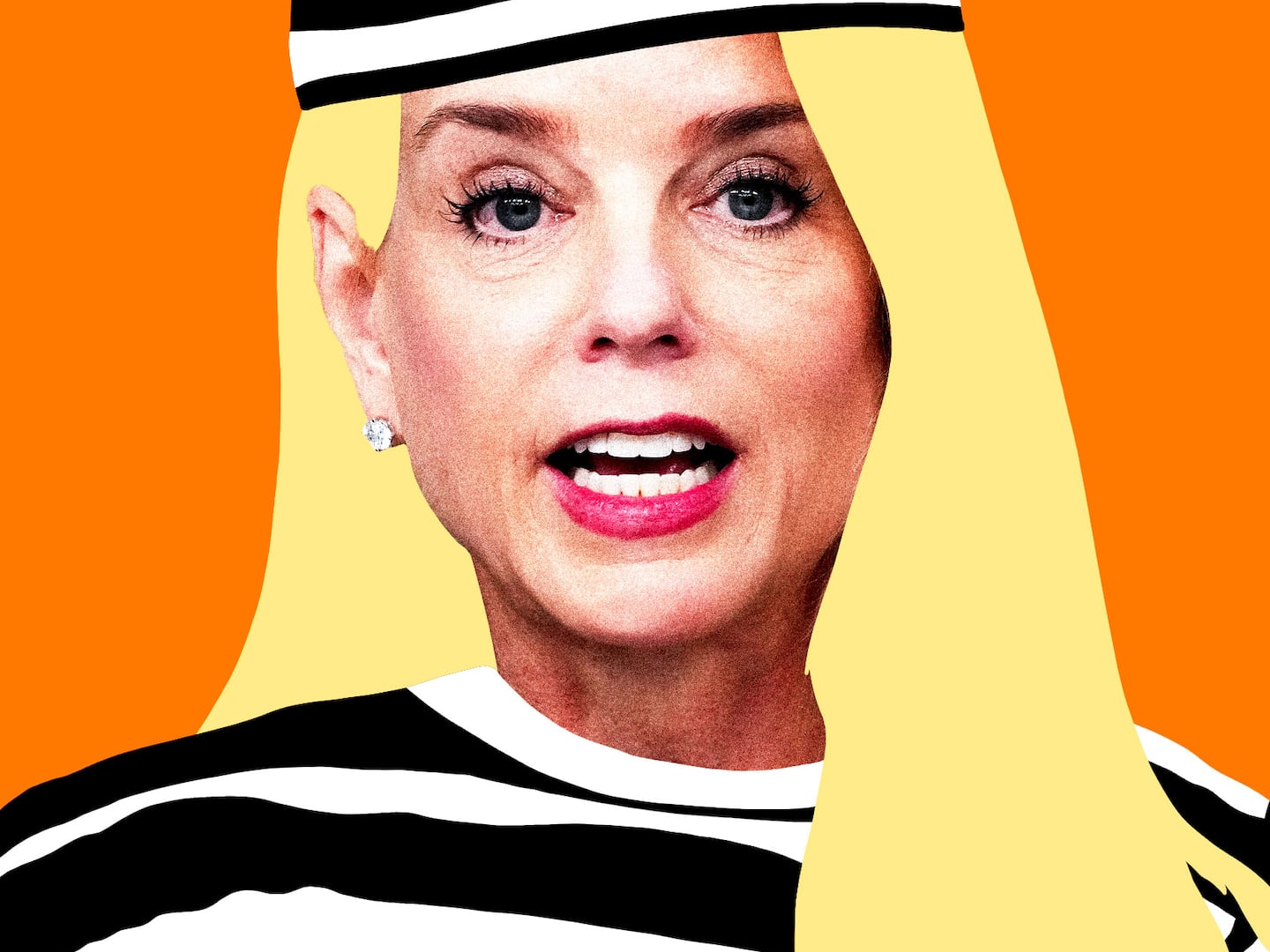The closing music at the JPMorgan Chase annual shareholder meeting in Tampa on Tuesday was a strange but fitting choice: “That’s Just the Way It Is,” the pious Bruce Hornsby lament over an unfair status quo.

The song was an anticlimactic ending to a shareholder meeting that had initially promised fireworks. This was to be a showdown, a demonstration of how the new age of post-bailout investor democracy would put entrenched management in its place. Jamie Dimon, at the helm of JPMorgan Chase since 2005, serves as both CEO and chairman of the company’s board of directors, a state of affairs that essentially makes you your own boss. This arrangement, once prevalent in corporate America, is increasingly uncommon. And given JPMorgan Chase’s manifold problems—the $6 billion London Whale trading loss, the long string of regulatory failures that have led to billions of dollars in settlements—there was a widespread sense that Dimon could use some supervision. So when shareholders put forth a resolution that would split the roles, people began to pay attention.
From the outset, I thought it unlikely that Dimon would be humbled. And in fact, Dimon fended off the challenge from dissident shareholders with the same ease that the Miami Heat dismissed the Chicago Bulls in the NBA playoffs. Only 32 percent of those casting shares expressed a desire to split the role of chairman and CEO. That's actually down from 40 percent who voted in favor of a similar proposal last year.
Why did this happen? Three reasons: structure, performance, and strategy.
JPMorgan Chase is a giant company. It’s worth $201 billion, with 3.8 billion shares outstanding. Shareholding is divided among thousands of investors, many of them largely passive entities like index funds and mutual and pension funds. According to Yahoo Finance, the largest chunk of shares any single institution holds is index-fund firm Vanguard, with 4.68 percent of the total. The turnout in such votes typically resembles the turnout in off-year school-board elections. What’s more, many large shareholders own their stock because they like the company and like what management is doing. So it is simply very hard, as a matter of logistics and sheer numbers, for critics of management to round up a large number of voters.
It’s especially hard to do so when the stock of the company in question is doing well. Even with its self-inflicted losses and expensive regulatory settlements, JPMorgan Chase is a highly profitable company. CEOs may indulge in some discussion of the best form of governance. But ultimately, pointing to the stock chart is like a football coach pointing to the scoreboard. That’s the ultimate measure. And by this measure, JPMorgan Chase has been doing just fine. Below is a five-year chart that shows the company outperforming both the Standard & Poor’s 500 and an index of peer banking stocks.
The company also announced Tuesday that it would jack up its quarterly dividend by 26.7 percent, from 30 cents to 38 percent. Annualized, that’s a dividend of $1.52, a healthy yield of about 3 percent.
In their campaign, Dimon and Chase deployed the full range of tactics, ranging from cajoling to threats. The company assiduously reached out to major shareholders and made its case for Dimon to remain in charge. Members of the board of directors publicly endorsed Dimon. Behind the scenes, according to The Wall Street Journal, William Daley, the former Obama chief of staff, was dispatched to sound out the American Federation of State, County, and Municipal Employees union, one of the co-sponsors of the effort to trim Dimon’s sails, about a deal. Dimon also mused that he might simply take his briefcase and go home if he were to suffer a defeat. Given that Dimon hasn’t groomed a successor, that prospect struck fear into the heart of investors.
So now what? Dimon was graceful in victory—at least on paper. "We appreciate the support shown by shareholders and the thoughtful way many have engaged with us as they determined how to vote on these issues," he said in a statement. "We take the feedback from shareholders very seriously and we will continue to build toward being best in class in corporate governance." (Translation: Stuff it, losers. I’m still the boss. Better luck next year.) The only redress for disgruntled shareholders is really to vote with their feet, sell the stock, and deploy their capital elsewhere.
As the Bruce Hornsby song goes: “Some things will never change.”







